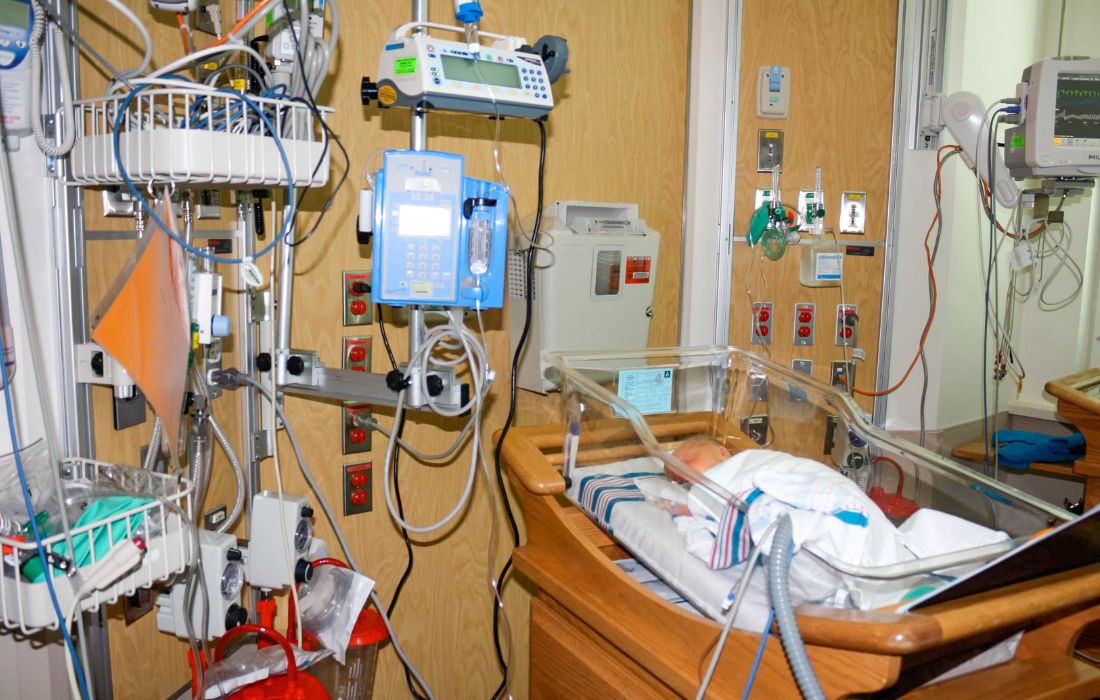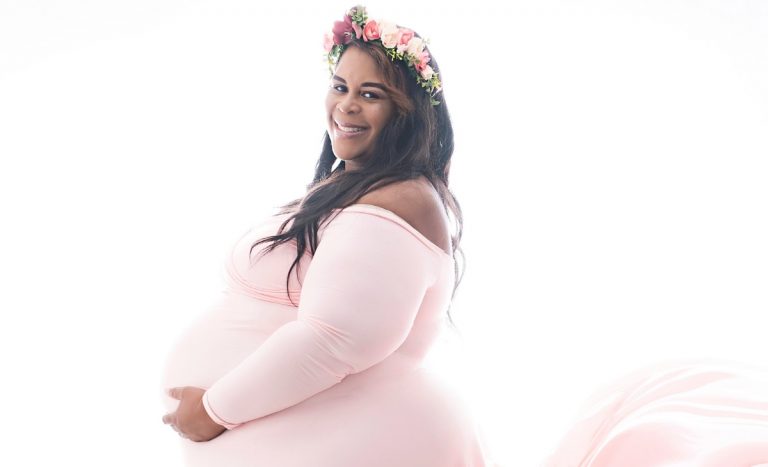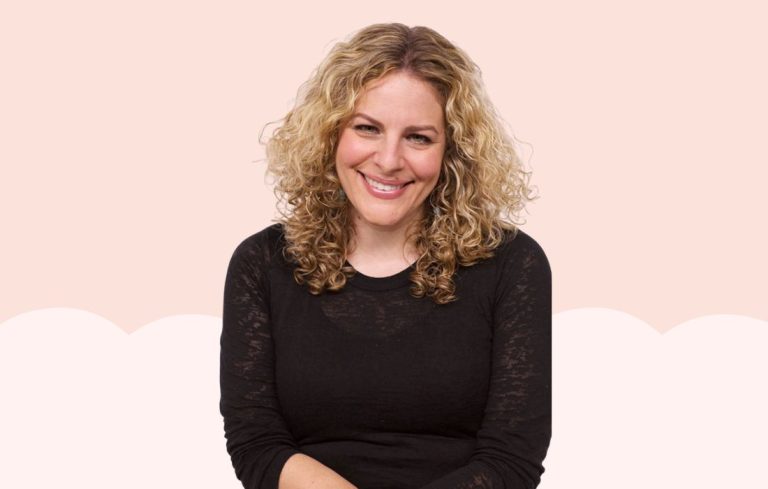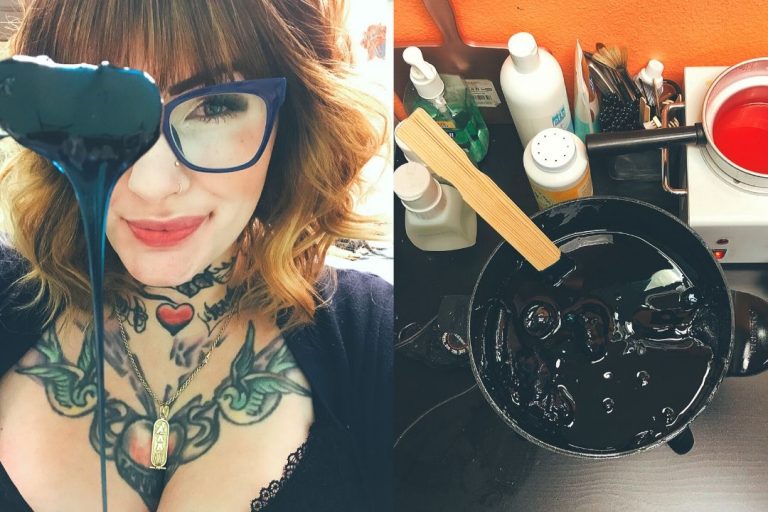The NICU and Postpartum: What One Nurse Hopes You Know
NICU stays are never part of the plan—but when they happen, parents deserve support, clarity, and compassion. NICU and postpartum nurse, doula, and lactation consultant Rebecca Servoss joins host Jen McLellan for a heartfelt conversation about navigating NICU care, the emotional intensity of postpartum recovery, and the small but powerful ways parents can care for themselves and stay connected to their baby through it all.
Drawing from her professional expertise and personal experience as a two-time NICU parent, Rebecca shares practical advice and deeply moving insights for anyone preparing for birth or recovering after an unexpected hospital stay.
From NICU Parent to NICU Nurse
Rebecca’s path to becoming a nurse began after a traumatic postpartum experience. Her first child was born with a heart condition and whisked away to the NICU moments after birth.
Grieving, overwhelmed, and in physical pain, Rebecca felt completely alone. That experience drove her to become a postpartum doula—and eventually a NICU nurse.
Her rare perspective as both parent and professional allows her to offer care that’s truly trauma-informed and deeply empathetic.
What Postpartum Doulas Really Do
While many families focus on preparing for birth, postpartum often gets overlooked—especially when complications arise.
Rebecca explains how postpartum doulas provide emotional, physical, and practical support. From helping with feeding and newborn care to preparing meals and honoring cultural healing rituals, doulas show up when families need it most.
She also highlights how postpartum doulas can be essential during NICU stays and in processing birth trauma and grief.

How to Prepare for a Possible NICU Stay
While no one wants to imagine their baby needing intensive care, Rebecca gently encourages parents to prepare—just in case.
She shares three simple but impactful steps:
Have a flexible food plan: Prep meals in advance, ask for help with a Meal Train, or list out local delivery options so nourishing food is ready when it’s most needed.
Line up extended support: Identify trusted friends or family who can help with older children, pets, or your home in case of an extended hospital stay.
Choose a communication liaison: Appoint someone to update family and friends, so you’re not reliving emotional updates multiple times a day.
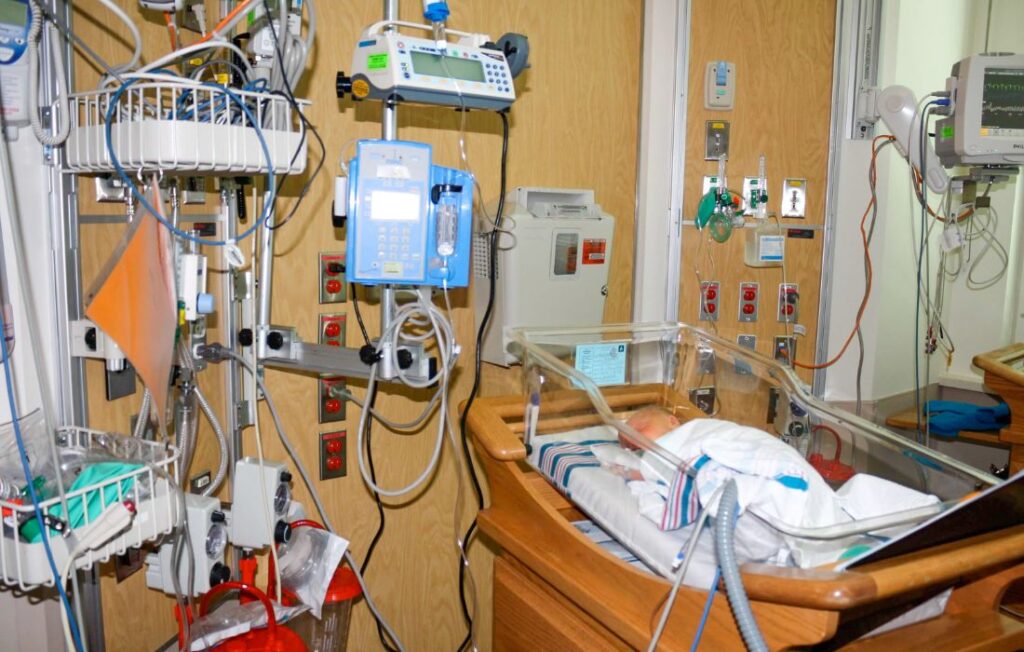
What to Expect in the NICU
The NICU can be overwhelming. Rebecca offers tips to help parents feel more grounded:
- Bring comfort items like a blanket, pillow, slippers, or essential oils.
- Ask for an orientation—learn what monitors do, who’s on your care team, and what to expect during rounds.
- Use a notebook or your phone to jot down questions and record updates.
- Advocate for what you need, like a more comfortable chair or privacy.
“You are part of the care team,” Rebecca emphasizes. “Don’t be afraid to ask questions or speak up.”
Staying Connected with Your Baby
Even in the NICU, there are powerful ways to bond:
- Leave behind scent cloths or comforting items so your presence remains when you step away.
- Practice skin-to-skin contact when possible for both bonding and healing.
- Talk, sing, or read aloud so your baby can hear your familiar voice.
- Leave behind scent cloths or comforting items so your presence remains when you step away.
When You Have to Leave the Hospital Without Your Baby
One of the most emotionally painful experiences is going home without your newborn. Rebecca offers compassionate suggestions:
- Create a simple ritual for saying goodbye, like a special phrase or gesture.
- Take home your baby’s blanket or hat to stay connected through scent.
- Remember you can call the NICU anytime for updates—just ask about getting a security code.

Healing in the NICU and Beyond
Rebecca’s book, Navigating the NICU: A Self-Care Guide for Parents, centers on one powerful idea: your postpartum period still matters—even in crisis.
She encourages parents to nourish themselves with warming, grounding foods and to make space for emotional healing by:
- Telling or recording your birth story—unedited and unfiltered.
- Naming the grief and trauma without shame.
- Letting yourself feel everything, and knowing you are not alone.
Learn even more during episode 228 of the Plus Mommy Podcast.
Recording & Show Notes: Plus Mommy Podcast Episode 228
Transcript happily provided upon request.
- Buy the book: Navigating the NICU: A Self-Care Guide for Parents
- Explore the shop and community: WeAreMarigolde.com
- Follow on Instagram and Facebook.
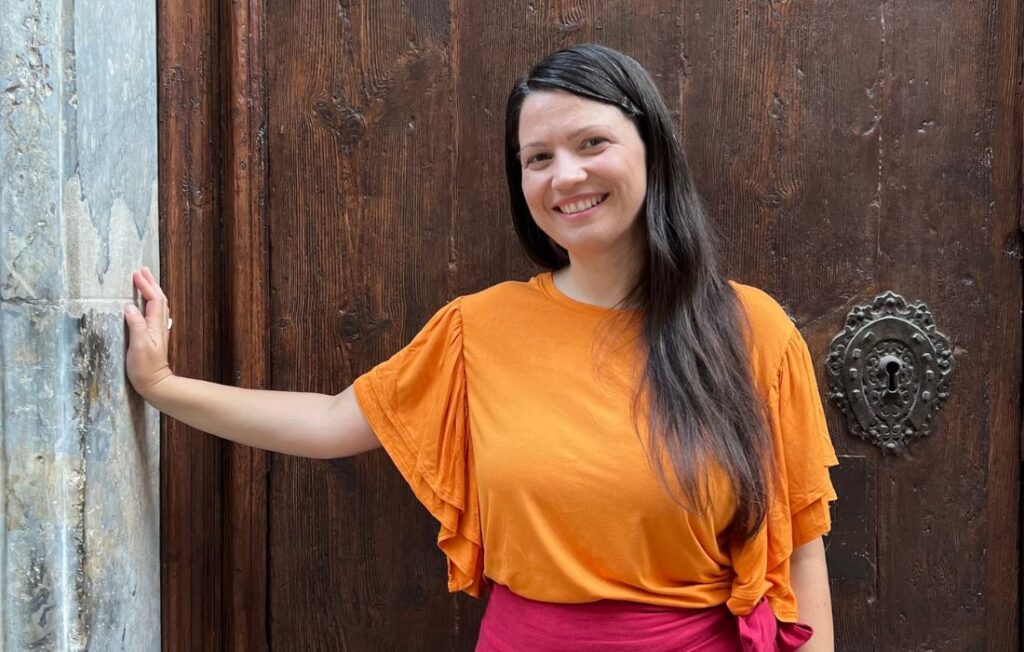
Rebecca Servoss, the Co-Founder and COO of Marigolde, is a nurse, writer, and mother. Rebecca has dedicated her adult life to supporting new parents through the transformation of birthing to becoming a family. She profoundly cares that all people traversing the deeply transformational experiences of birth, death, and loss, are met with a compassionate multifaceted framework that centers equity and safety. Rebecca is a Board Certified Holistic Nurse Coach and Certified Ayurvedic Health Counselor, and offers clients an intuitive and holistic approach to vitality and resilience while creating structure to safely explore and express their grief and reflect on their story.
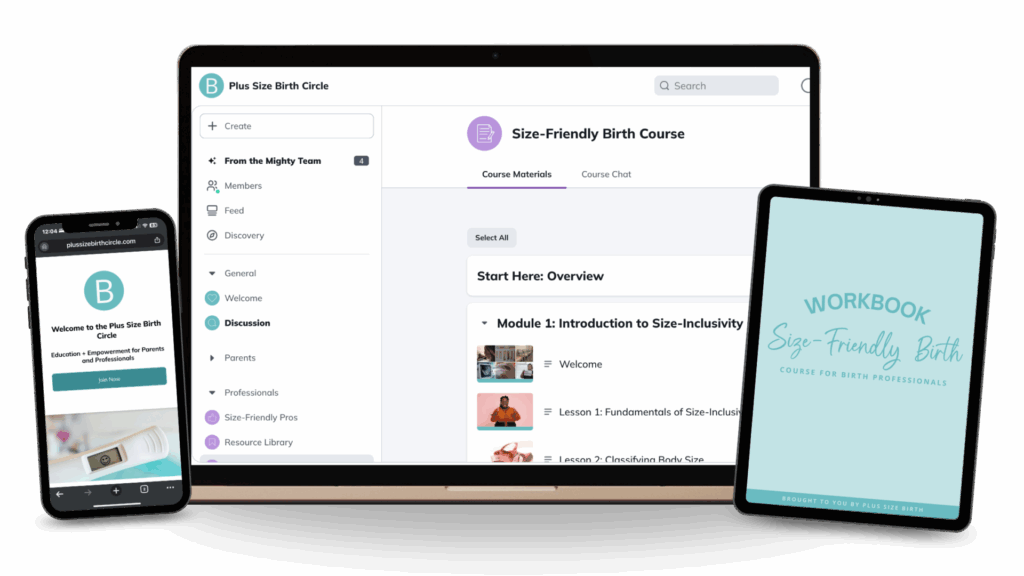
You’ll get:
- 🎥 Over 6 hours of video lessons
- 📘 A 115-page editable PDF workbook with guided activities
- 🕒 6 contact hours for professional development
- 📜 A certificate of completion
- 🌐 Bonus: Access to the Plus Size Birth Circle—our exclusive online platform and mobile app for on-the-go learning and community support
Use code PLUSMOMMY for 20% off at plussizebirth.com!

